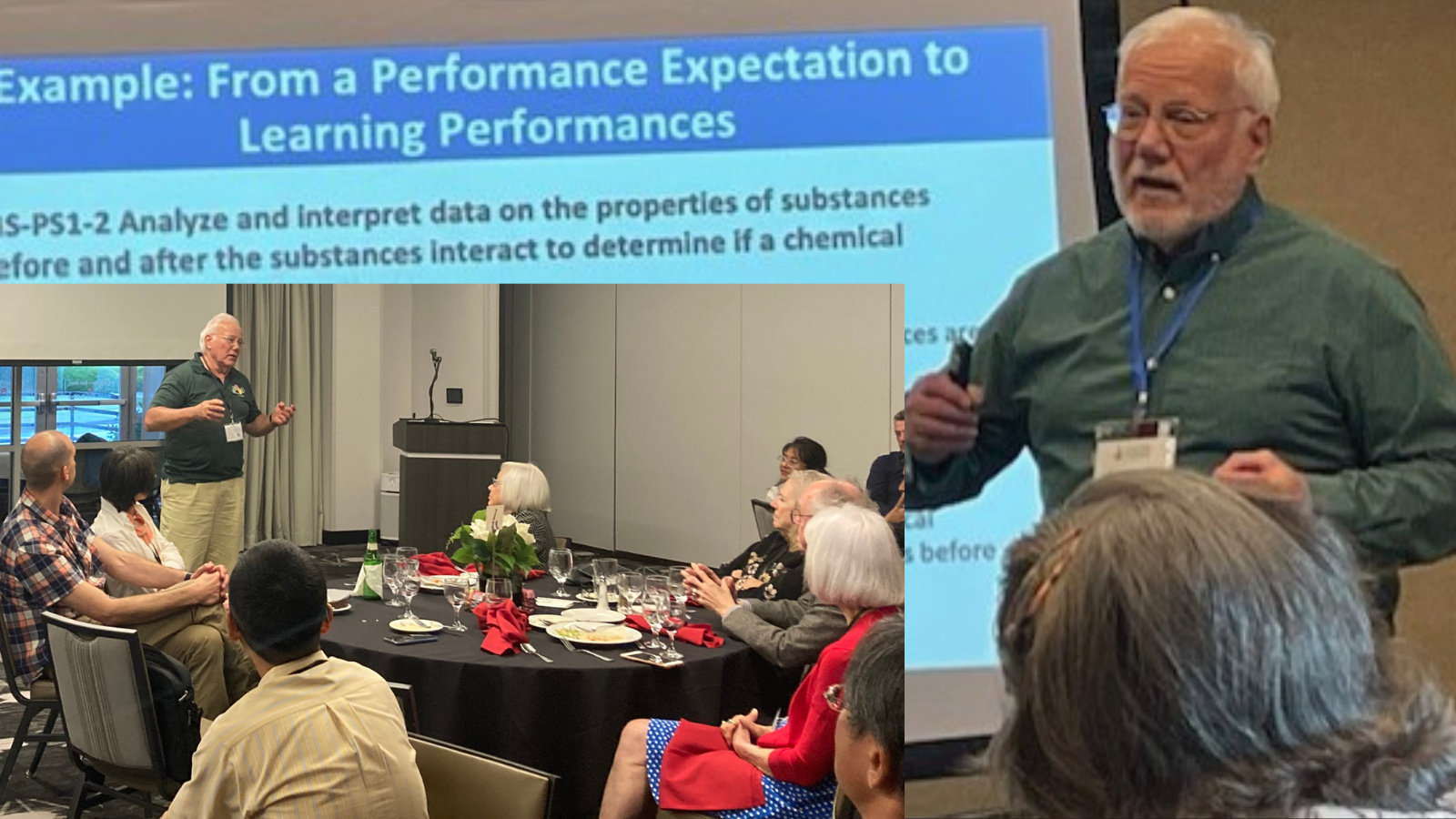This longitudinal study examines the relationship between students' knowledge-in-use performance and their performance on third-party designed summative tests within a coherent and equitable learning environment. Focusing on third-grade students across three consecutive project-based learning (PBL) units aligned with the Next Generation Science Standards (NGSS), the study includes 1067 participants from 23 schools in a Great Lakes state. Two-level hierarchical linear modeling estimates the effects of post-unit assessments on end-of-year summative tests.
Research

CREATE for STEM Institute teams conduct research that focuses on impactful projects in undergraduate education through Discipline-Based Educational Research (DBER). We design innovative K-16 science curricula and investigate the effects of new teaching methods on student learning, engagement, and community impact, with our work increasingly incorporating artificial intelligence to enhance support for teachers and learners. We are leaders in STEM assessment design and professional development for educators, collaborating with international partners in over a dozen countries. CREATE fosters new talent, provides seed money for initial work and supports the grant writing process. Our goal is for CREATE to be a hub for the exchange of information and ideas!
Publications
The relationships between elementary students' knowledge-in-use performance and their science achievement
Creating and Using Instructionally Supportive Assessments in NGSS Classrooms
Developing Rubrics for AI Scoring of NGSS Learning Progression-based Scientific Models
The Framework for K-12 Science Education recognizes modeling as an essential practice for building deep understanding of science. Modeling assessments should measure the ability to integrate Disciplinary Core Ideas and Crosscutting Concepts. Machine learning (ML) has been utilized to score and provide feedback on open-ended Learning Progression (LP)-aligned assessments. Analytic rubrics have been shown to be easier to evaluate the validity of ML-based scores. A possible drawback of using analytic rubrics is the potential for oversimplification of integrated ideas.
Factors predicting teachers' implementation of inquiry-based teaching practices: Analysis of South African TIMSS 2019 data from an ecological perspective
Inquiry-Based Teaching Practice (IBTP) is an essential component of science education, and promoting its implementation is at the heart of various reform efforts. Even though science teachers regard IBTP as an essential pedagogical method, they rarely use it for various reasons. This study utilizes Bronfenbrenner's ecological framework to examine potential factors at various levels of the educational ecosystem that predict the implementation of inquiry-based teaching practices among Grade 9 science teachers in South Africa.
Middle school students' use of the energy concept to engage in new learning: What ideas matter?
One reason for the widespread use of the energy concept across the sciences is that energy analysis can be used to interpret the behavior of systems even if one does not know the particular mechanisms that underlie the observed behavior. By providing an approach to interpreting unfamiliar phenomena, energy provides a lens on phenomena that can set the stage for deeper learning about how and why phenomena occur. However, not all energy ideas are equally productive in setting the stage for new learning.

